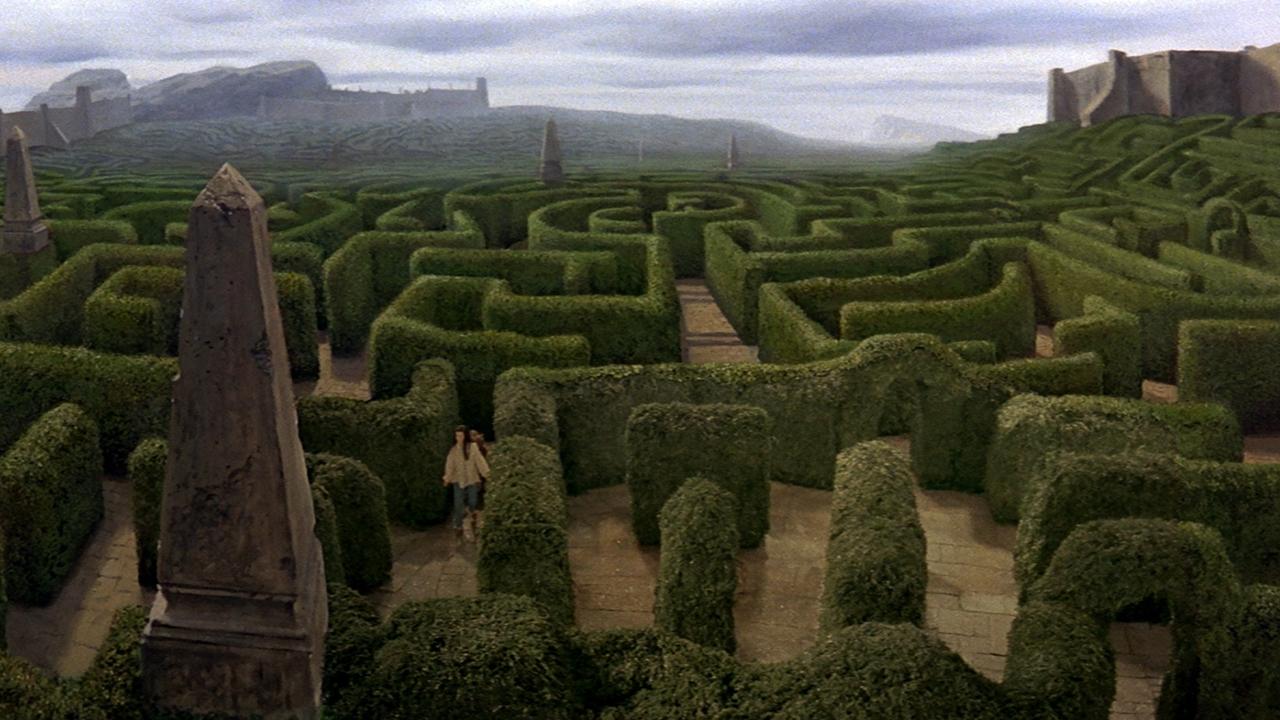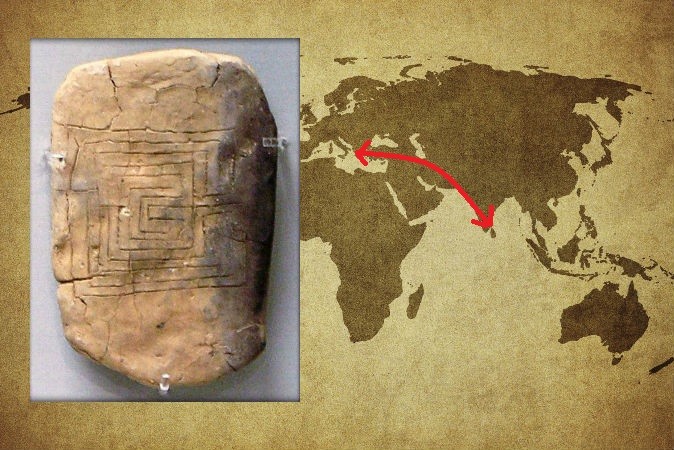The square shaped labyrinth measure 17 metres squared (56 feet squared), was uncovered in Gedimedu, a village in Tamil Nadu in Southern India and is being researched by the Verarajendran Archaeological and Historical Research Centre.
The locals have built a temple over the site, but the reseerchers intend to request its removal in order to further study the site.
S. Ravikumar, chief of the research team, told Times of India: “The labyrinth has one pathway which leads inexorably to the goal from the point of entry. One has to walk through the right path to reach the goal. It is believed that the person who walks through the seven routes correctly will fulfill his wishes.” “The inner walking space of this labyrinth varies from 2.6 feet (79 centimeters) to 3.6 feet (1.09 meters). The entrance is towards the east. Its old name is Seven Round Fort. The pattern is the same [as the one] … we see on the clay tablet from Pylos in Greece, one of the oldest labyrinths in clay.”
Some symbolism of labyrinths in the ancient world have spiritual meaning. In certain Asian cultures, it relates to the escape from “Samsara and the laws of karma”, which would lead to attaining enlightenment and reaching heaven.
Check out the full article here at The Epoch Times.






